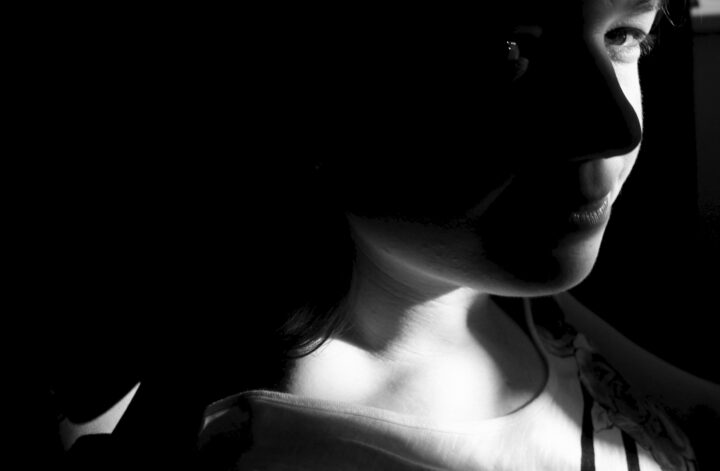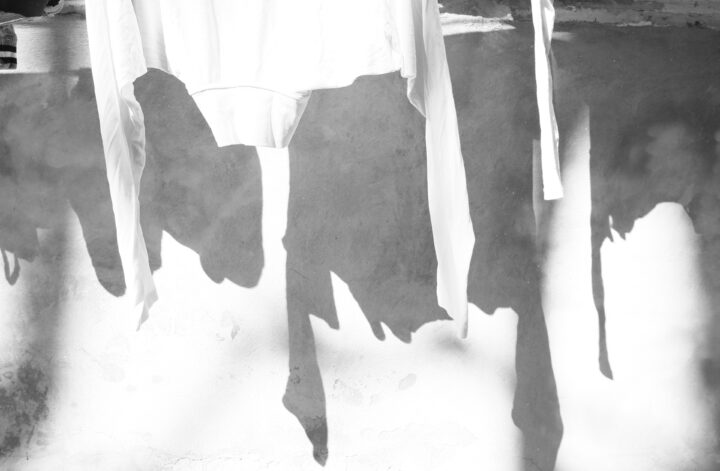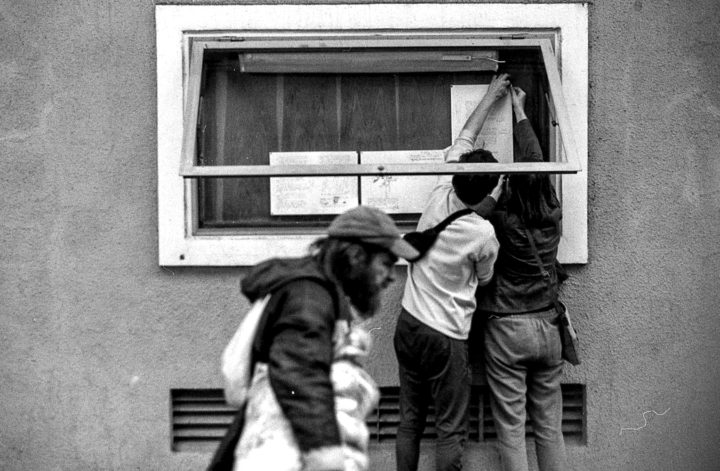Despite being an agnostic and basically distrusting and disliking religion, I do understand the longing for an imposed order and clarity on how to live. This past 18 months of our worldwide Covid existence has, for me, only increased the sense of floating through life in a vacuum of meaning. There is so little of the ordered structures that helped us before – no daily routine, no trips to the office, no dropping off and picking up the kids, no real distinction between week and weekend, no trips away to other places and coming back with new perspectives. Just a continuous present, unpartitioned into meaningful blocks.
But losing these very superficial structures has also made me realise just how shallow they were in the first place. At the start of May, Covid finally caught up with me, with all the usual symptoms. I was forced to stay at home for two weeks of quarantine. I distracted myself in this time with Alain de Botton’s “Religion for Atheists” which describes in detail all the things that religions do right which secular society does not.
“Religion for Atheists” makes lots of excellent points: 1) We are essentially forgetful, distracted creatures who lose focus almost instantly. Hence, it is not enough to be moved by a great idea once or read classic books in our youth – we must keep these key messages constantly in mind on a daily, even hourly level. 2) Universities, which were optimistically imagined in the 18th century to have replaced religion and superstition with logic and humanism, provide students with massive amounts of knowledge but zero guidance in the way of wisdom and how to live. 3) Our secular society is compulsively over-efficient in providing entertainment and sustenance for our minds and bodies but there is no provision at all for our emotions and souls, except perhaps for expensive psychoanalysis for the privileged few when things have already gone seriously wrong. 4) We would all benefit hugely from placing ourselves in a wider context, thinking about how huge the universe is and how short and insignificant our lives are within human history and the cosmos – but the demands of everyday life prevent us from these reflections.
The book is full of such useful insights. But the combined impression that stayed with me is one of a huge, developed skeletal system of dealing with life that I have always been completely set apart from. Maybe this explains a lot of the feelings of being lost, confused, at sea and meaningless.
My other distraction during quarantine was the Netflix series “Shtisel”, a show about the everyday lives of extremely religious Haredi Jews in Israel. Nothing about this lifestyle is attractive to me – the characters’ destinies and individual personalities are very often seriously damaged by their religion, they are constantly straining against rules which restrict and make less of them. It looks tough. But it does very neatly illustrate many of the functions of religion that De Botton points out. The characters can lean on established rituals for all aspects of each day, such as showing gratitude for food and health, dealing with the death of a loved one, even the exact wording on how to congratulate somebody. Meaning, morality and how to live is kept in the forefront of their minds during every hour of the day, as opposed to very occasionally during an idle hour or at the peak of a crisis. Their destructive egoistic tendencies are tamed by being forced to constantly consider the needs of the community and their own insignificant yet firmly rooted place in the huge, eternal order of things.
Neither Alain de Botton nor I are suggesting that religion as it exists now is the cure for a lack of structure and meaning in life, during Covid or otherwise. To the non-believer, it is all but impossible to accept even the basic beliefs and rules. In reality, religion probably causes more problems than it solves. But sketching out the things that religion does well, the holes it fills and the paths it illuminates does help identify the shape and contours of the huge hole of all that is missing in my own life. In a similar way, living in the Covid era has helped too, by brutally sweeping aside all of the coping mechanisms and soothing routines that people like me have put in place. So, along with the constant thirst and exhaustion that one can expect when recovering from Covid, the most unexpected side-effect for me has to be a renewed and unfulfillable desire for the comforts of religion.




